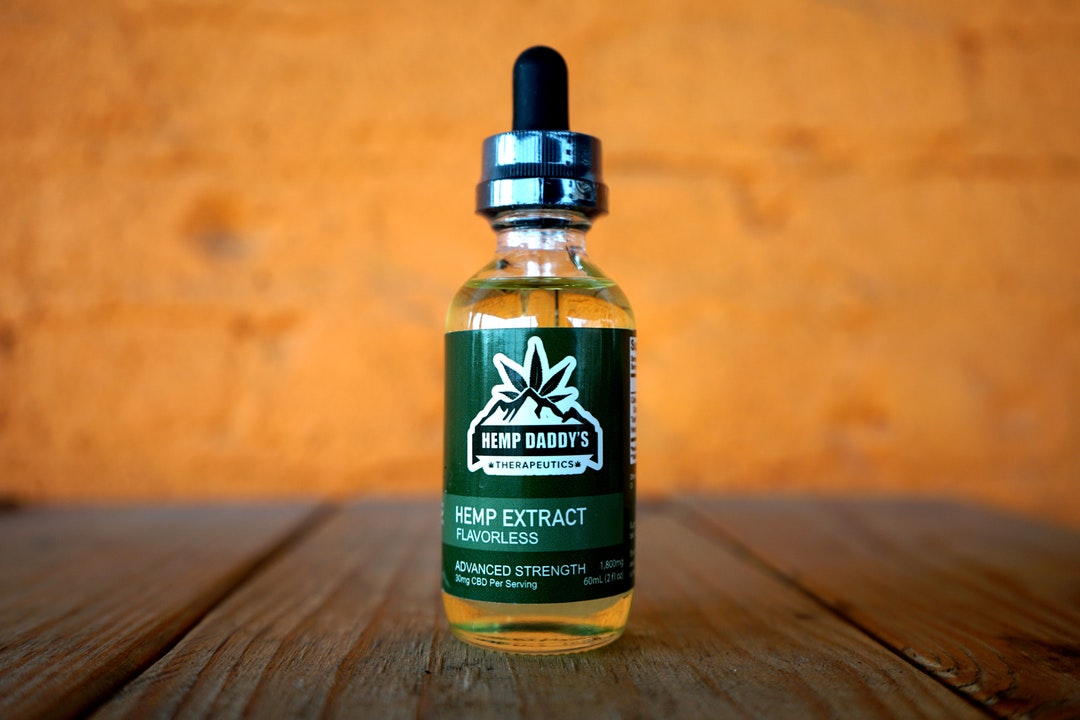
Identifying What’s in Your Cannabis: Cannabis Lab Testing Explained
Most consumers are unaware of the complicated legal landscape behind today’s booming cannabis industry. Cannabis industry leaders, however, know that’s it’s not a simple matter. Failing to meet cannabis compliance laws could have you shut down quickly.
One common compliance requirement is regular cannabis testing. Of course, cannabis test results are not only useful for state regulators. These results can help cannabis growers improve their product and accurately convey different strain qualities to their customers.
To understand what to expect from a cannabis lab test, check out the informational guide below.
Cannabis Testing for Compliance
The most important aspect of cannabis testing is compliance. There is a list of testing requirements that cannabis companies have to meet before they can legally sell their product.
When looking for a testing lab, cannabis business owners need to find a lab with the proper accreditation. Labs without the right accreditation will not produce results recognized by state regulation bodies. These bodies need to ensure that the lab is using the proper methods to protect the consumer.
Different Types of Tests
Different compliance requirements require different kinds of tests. These requirements vary by state, but there are a few common ones that an accredited cannabis testing lab should be familiar with.
Testing for Potency
First, states want cannabis companies to determine the potency of their products. This is crucial to accurate labeling, which influences accurate dosing. This is essential to the health of the consumer.
There is not a universal way to convey potency, so it can be shared in a few different ways. There is the percentage of cannabinoid by weight, the amount of cannabinoids in milligrams, and the ratio of cannabinoids.
Testing for Contamination
Regulation groups also require cannabis to be testing for contamination. Contamination may occur at several points in the cannabis cultivation process.
Cannabis must be tested for chemical contaminants. This category includes things like pesticides, residual solvents, growth hormones, and a host of other chemicals that can harm consumers.
Cannabis must also be tested for physical contamination. These are usually the result of unclean processes, leading to the presence of things like fecal matter and hair in the product.
Cannabis products also need to be tested for heavy metals. These include things like lead. Sometimes these substances are unknowingly absorbed by the plant, but they still present a hazard to human health.
Finally, cannabis should be tested for microbial contamination. Bacteria, fungus, mildew, and mold have potential to infect the product and cause health problems when consumed.
Cannabis Industry Developments
Cannabis testing is not optional for business owners in the industry. State bodies require cannabis industry leaders to meet strict legal requirements before selling their products to consumers. However, these tests can also be useful for growers. The test results can help inform everyone involved.
For more of the latest developments in the cannabis industry, don’t forget to stop by our page.
